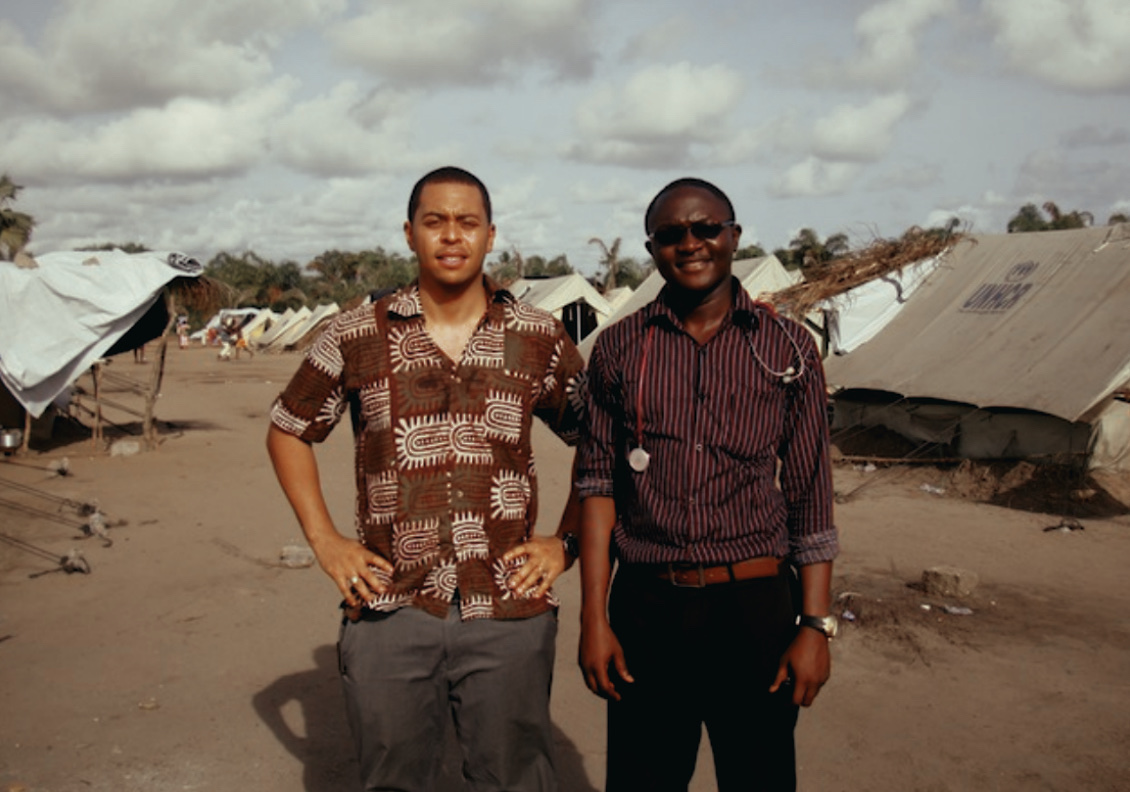Samuel Edusa MD
The Importance of Primary Care
Samuel Edusa | Sept 14, 2022
 (At the Ampain Refugee camp in the Western Region of Ghana)
(At the Ampain Refugee camp in the Western Region of Ghana)
As a foreign medical doctor who has worked in Ghana for over a decade, I have had the opportunity to witness firsthand the vital role that primary care plays in ensuring that individuals have access to quality healthcare.
The Importance of Primary Care
Primary care is an essential component of any healthcare system, as it is typically the first point of contact that individuals have with the healthcare system. In many countries, primary care is provided by general practitioners or family medicine doctors, who are trained to handle a wide range of health issues and to refer patients to specialists as needed.
One of the biggest advantages of primary care is that it can help to reduce the burden on hospitals and other specialized healthcare facilities, as many health issues can be managed at the primary care level. This is especially important in countries like Ghana, where there may be limited access to specialized healthcare services.
Primary care doctors are also crucial for promoting preventative care and early detection of health issues. By providing regular check-ups and screenings, primary care doctors can help individuals identify and address potential health issues before they become more serious. This can help to reduce the overall burden on the healthcare system and improve the overall health of the population.
In addition to the clinical aspects of primary care, there are also social and economic considerations to consider. For example, primary care doctors may play a role in connecting patients with social services or other community resources that can help them address non-medical issues that may be impacting their health.
My Experience Working in Primary Care in Ghana
As a primary care doctor working in Ghana, I have had the opportunity to work with individuals from a wide range of backgrounds and with a variety of health issues. One of the things that has struck me most about my experience in Ghana is the importance of building relationships with patients.
In many cases, patients in Ghana may only have limited access to healthcare and may rely on primary care doctors for all of their healthcare needs. As a result, it is important for primary care doctors to be able to build trust and rapport with patients, so that they feel comfortable discussing their health concerns and seeking help when needed.
One of the ways that I have tried to build relationships with my patients in Ghana is by taking the time to listen to their concerns and providing them with education about their health. I have found that many patients are eager to learn more about how to maintain their health and prevent illnesses, and by providing them with this knowledge, I have been able to help them make more informed decisions about their health.
In addition to providing primary care services, I have also had the opportunity to work on public health initiatives in Ghana. These have included working on vaccination campaigns, providing education about infectious diseases, and promoting healthy behaviors such as handwashing and proper nutrition.
One of the challenges that I have faced while working in primary care in Ghana is the limited resources that are often available. This can include a lack of access to specialized medical equipment or medications, which can make it more difficult to provide optimal care to patients.
Despite these challenges, I have found my work in primary care in Ghana to be incredibly rewarding. I have had the opportunity to make a difference in the lives of my patients and to be a part of a healthcare system that is focused on improving the health and well-being of the entire community.
